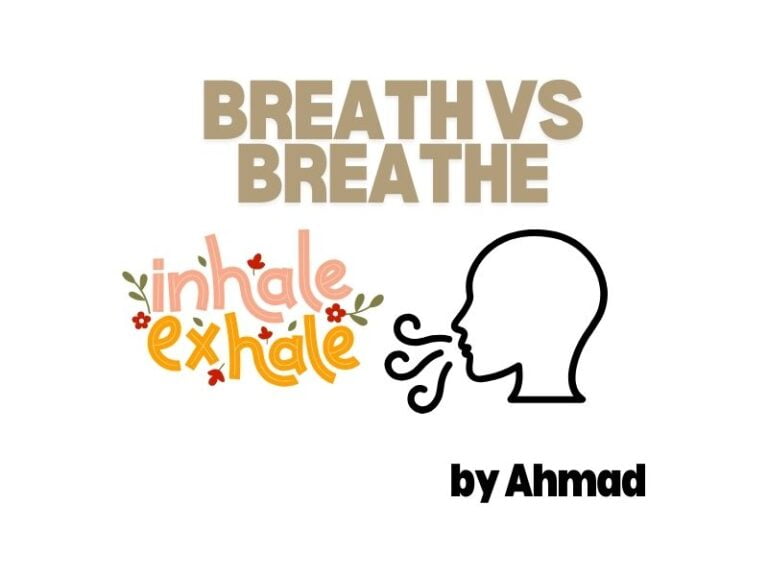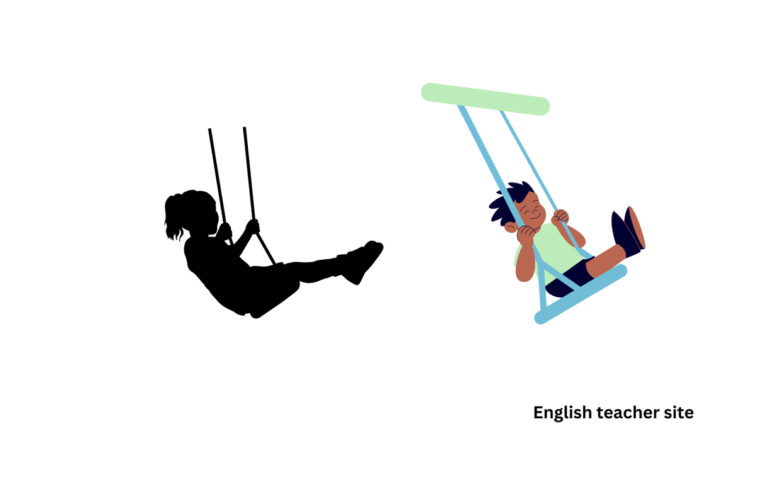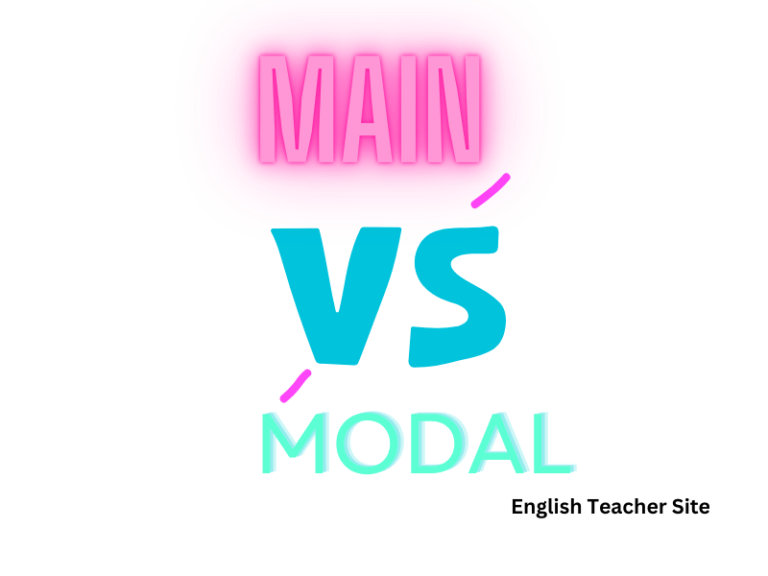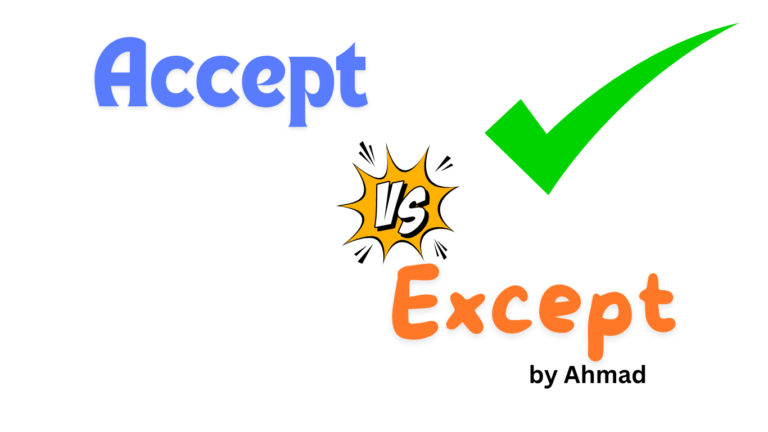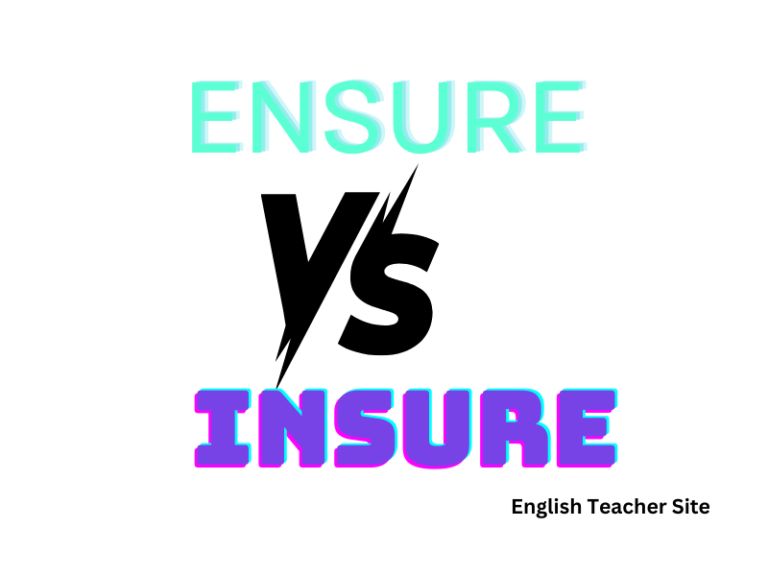What’s the Past Tense of Tell: Understanding Simple Past Tense Usage
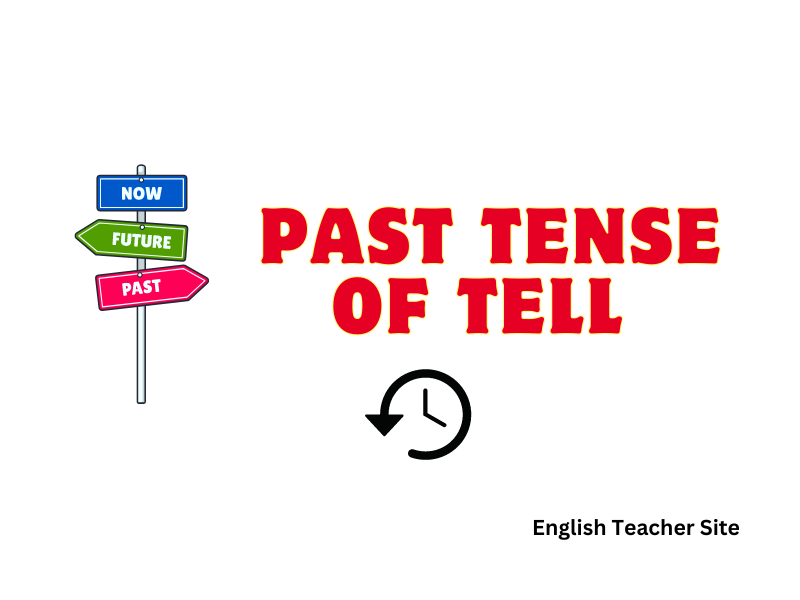
- The past tense of “tell” is “told”, which is used for actions completed in the past.
- “Told” also serves as the past participle of “tell,” crucial for perfect tense constructions.
- The verb “to tell” has diverse uses, from past tense narration to past participle in perfect tenses.
The past tense of “tell” is an important grammatical element, often used to describe events that have been completed in the past. The past tense of this verb is “told,” a term frequently used in daily conversation and writing.
Whether you’re sharing a story, giving an account of past events, or relaying messages others have shared with you, knowing the difference between “tell” and “told” is essential.
What’s the Past Tense of Tell?
Tell is a commonly used verb in English which pertains to the act of conveying information. Learning its correct past tense form is fundamental for proper grammar.
Table 1: Verb Conjugation of “Tell”
| Tense | Form |
|---|---|
| Past | Told |
In the English language, verbs can have several forms depending on the tense in which they are used. “Tell” adopts the form “told” when used in the past tense, which indicates an action that has been completed.
Table 2: Examples of “Tell” in Sentences
| Tense | Example Sentence |
|---|---|
| Past | She told us about her vacation. |
When constructing a sentence with “tell” in the past tense:
Use “told” for all persons, whether singular or plural.
- I told
- You told
- He/She/It told
- We told
- They told
- The verb “tell” does not change form based on subject when used in the past tense.
- “Told” also serves as the past participle of “tell.”
Forms of the Verb Tell
As an irregular verb, “tell” does not adhere to the standard patterns of tense changes, making it important to memorize its forms.
Below are tables showcasing the primary tenses for the verb “tell”.
In the simple past tense, “tell” becomes “told”:
| Subject | Verb |
|---|---|
| I/he/she/it | told |
| You/we/they | told |
When considering the past participle form used in perfect tenses, “tell” remains “told”:
| Tense | Example |
|---|---|
| Past Perfect | had told |
| Present Perfect | have/has told |
| Future Perfect | will have told |
For continuous or progressive forms that require a present participle, “tell” transforms into “telling”:
- Present Continuous: am/is/are telling
- Past Continuous: was/were telling
- Future Continuous: will be telling
The verb “tell” also appears in modal forms where it retains the base form or changes according to the tense of the modal verb:
- Can tell (ability in the present)
- Could have told (ability in the past)
- Must tell (obligation in the present)
The simple future tense utilizes “will” or “shall” with the base form:
- I will tell
- She will tell
Tell vs Told: What’s the Difference?
“Tell” is the base form of the verb, used for the present tense or the imperative form, which is when one gives an order or instruction. For example:
- She tells the truth.
- Tell me your name.
On the other hand, “told” is the past tense and past participle form of “tell.” It is used to describe something that has already happened. Instances include:
- She told the truth yesterday.
- He had told me his name before.
Below are two tables that encapsulate the uses and forms of “tell” and “told”:
Tell: Usage and Examples
| Tense | Use | Example |
|---|---|---|
| Present | Fact or instruction | She tells a story. |
| Imperative | Command | Tell me now. |
Told: Usage and Examples
| Tense | Use | Example |
|---|---|---|
| Past Simple | Past event | He told the joke. |
| Past Participle | Completed action in perfect tenses | She has told the secret. |
- Tell is to express or communicate information in the present.
- Told is used for narrating past events or actions that have been completed.
The Verb “To Tell” in Sentence Examples
Here are various sentence examples featuring the verb “to tell” in the past tense:
- Simple Past Tense:
He told me about his trip to Paris.
She told a fascinating story.
Utilizing different tenses provides context and clarity to the actions. Here’s how “told” is implemented in different past tenses:
| Tense | Sentence Example |
|---|---|
| Simple Past | They told us the news last night. |
| Past Progressive | While we were eating, she was telling jokes. |
| Past Perfect | By the time I called, he had already told everyone. |
| Past Perfect Progressive | They had been telling tales all evening before the guests arrived. |
- Past Progressive:
- They were telling stories when the power went out.
- Past Perfect:
- After the meeting had ended, I realized she had told an incomplete version of the events.
- Past Perfect Progressive:
- He had been telling the same anecdote for years, and it never got old.
The past tense “told” can also be seen in indirect speech examples:
- Direct speech: “I have a plan,” he said.
- Indirect speech: He told me that he had a plan.
In conclusion, mastering the past tense of the verb “to tell” is essential for clear communication in English. The word “told” can be adapted to various past tenses to suit the context and convey the appropriate nuance of time and sequence in past narratives.
The Past Tense “Told” Used in Sentences
Examples of “told” in a sentence include:
- She told the class about her vacation.
- Thomas told me he would be late.
| Subject | Sentence with “told” |
|---|---|
| Emily | Emily told her friend a secret. |
| The guide | The guide told the tourists about the landmark’s history. |
To illustrate the verb in context, observe the following uses:
- Simple Past: “Yesterday, he told a joke that made everyone laugh.”
- Past Perfect: “By the time she arrived, he had already told the news.”
- Larry told his colleagues about the new policy.
- My grandmother often told stories of her youth.
- They told us that the park was closed on Mondays.
The Past Participle “Told” Used in Sentences
Usage in Perfect Tenses:
- Present Perfect: She has told us about her trip to Spain.
- Past Perfect: He had told the truth before they asked.
- Future Perfect: By the end of the day, they will have told the whole story.
As an Adjective:
- The told stories enriched the cultural festival.
- His version of the events was the told tale that everyone knew.
In Passive Constructions:
- The secrets were told reluctantly.
- The message had been told in confidence.
The past participle “told” functions in multiple sentence structures, demonstrating its versatility in English language constructions.
| Perfect Tenses | Example Sentence |
|---|---|
| Present Perfect | They have told their parents about the school event. |
| Past Perfect | She had told me about her decision yesterday. |
| Future Perfect | By this time next week, I will have told them the news. |
Examples as an adjective or in passive voice demonstrate “told” providing additional information about the nouns in the sentences.
| Function | Example Sentence |
|---|---|
| Adjective | The told anecdotes were a hit at the dinner party. |
| Passive Voice | A new initiative was told to the committee this morning. |
Versatility of “told”:
- Present Perfect scenarios
- Past experiences recounted
- Future anticipations
Impact of “told” as an adjective:
- Enhances descriptive quality
- Provides clear past references
“Told” in passive voice:
- Shifts focus to the action
- Emphasizes the received action
Synonyms of Tell
Narrate
When one recounts a story or describes a series of events in detail, they narrate. Narration often carries a sense of progression and connecting threads that bring characters and events to life.
| Simple Past | Past Participle |
|---|---|
| Narrated | Narrated |
Recount
To recount is to relay events more formally or systematically, typically focusing on facts rather than embellishing with stylistic elements.
| Simple Past | Past Participle |
|---|---|
| Recounted | Recounted |
Describe
Describing involves creating a vivid picture through words, often requiring a keen attention to detail that goes beyond a mere telling.
- Past Tense: Described
- Past Participle: Described
Chronicle
To chronicle is to record events in a factual and detailed manner, implying a comprehensiveness that may span a significant period of time.
- Past Tense: Chronicled
- Past Participle: Chronicled
Report
When one provides a spoken or written account that is typically meant to inform or provide data, they report the occurrences.
| Simple Past | Past Participle |
|---|---|
| Reported | Reported |
Divulge
Divulgence implies a revelation of information that is often sensitive or confidential.
- Past Tense: Divulged
- Past Participle: Divulged
State
One might state information, which carries a tone of formality and definitiveness, often used in declarations or to present facts clearly and concisely.
- Past Tense: Stated
- Past Participle: Stated
Idioms/Phrases with Tell
The phrase “tell it like it is” refers to speaking honestly and straightforwardly, without sugar-coating.
“Tell a white lie” means to say something that is not true, typically to avoid hurting someone’s feelings or to escape a trivial situation without causing harm.
“Tell tales” is an expression used when someone is gossiping or spreading stories, often exaggerated or untrue.
Here are two tables that categorize some idioms and phrases involving the word “tell”:
Common Idioms with “Tell”
| Idiom | Meaning |
|---|---|
| Tell it like it is | To speak frankly and truthfully |
| Tell a white lie | To say a harmless lie to avoid offense |
| Tell tales out of school | To reveal secrets or confidential information |
| Tell apart | To distinguish between two things |
Phrases with “Tell” in Conversational Context
| Phrase | Usage in a Sentence |
|---|---|
| Tell the time | “Can you tell the time on this watch?” |
| Tell the difference | “I can tell the difference between the twins.” |
| Tell the truth | “It’s important to always tell the truth.” |
| Tell me about it | “I know it’s cold. Tell me about it, I’ve been outside all day!” |
Origin of the Verb Tell
In English, the verb “tell” has its roots deeply embedded in historical linguistics. It derives from the Old English word tellan, which means “to count, recount, or relate.” The past tense of “tell” is “told”, which is considered an irregular verb because it does not follow the standard pattern of adding -ed to create its past forms.
Evolution of “Tell”:
- Old English: tellan
- Middle English: tellen
- Modern English: tell
Old English to Modern English:
| Old English | Middle English | Modern English |
|---|---|---|
| tellan | tellen | tell |
The transition from Old English to Modern English saw many verbs simplify both their form and usage, “tell” being no different. Historical texts show the progression and adaptability of the word across various timelines.
Usage Over Time:
- Old English: Usage often in the context of calculating or narrating.
- Middle English: Expanded to include orders or instructions.
- Modern English: Now encompasses revealing information or communicating.
The evolution of “tell” exemplifies the dynamism of the English language, highlighting how the meanings and forms of words alter over time.
Irregular verbs, such as “tell,” often retain their unique past and past participle forms due to their frequent use in the language. This frequency of use tends to preserve the original form of a word, keeping it from regularizing like less commonly used verbs.
Verbs Like “Tell”:
- say – said
- go – went
- take – took
These verbs, like “tell,” have also withstood the gradual shifts in English verb conjugation patterns over the centuries, maintaining their irregular forms.
Sources
1. Harper, Douglas. “Etymology of tell.” Online Etymology Dictionary.
2. “Tell.” TheFreeDictionary.com. Farlex,
My name is Khamis Maiouf. I am the creator of the English Teacher Site, dedicated to providing valuable resources and insights for students around the world. With a passion for education and a commitment to helping students enhance their skills, I aim to make English teaching more effective and enjoyable for both educators and students.

